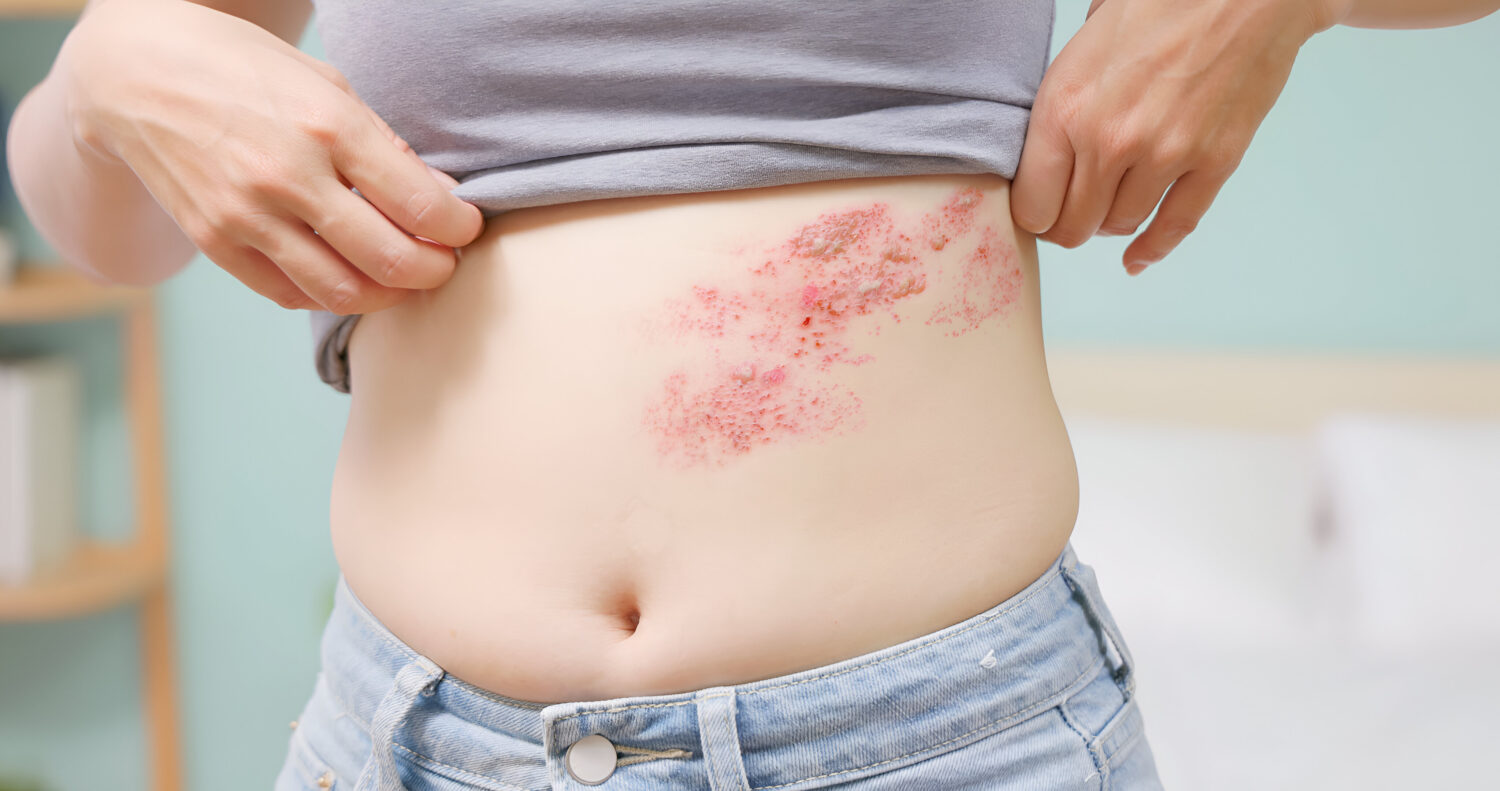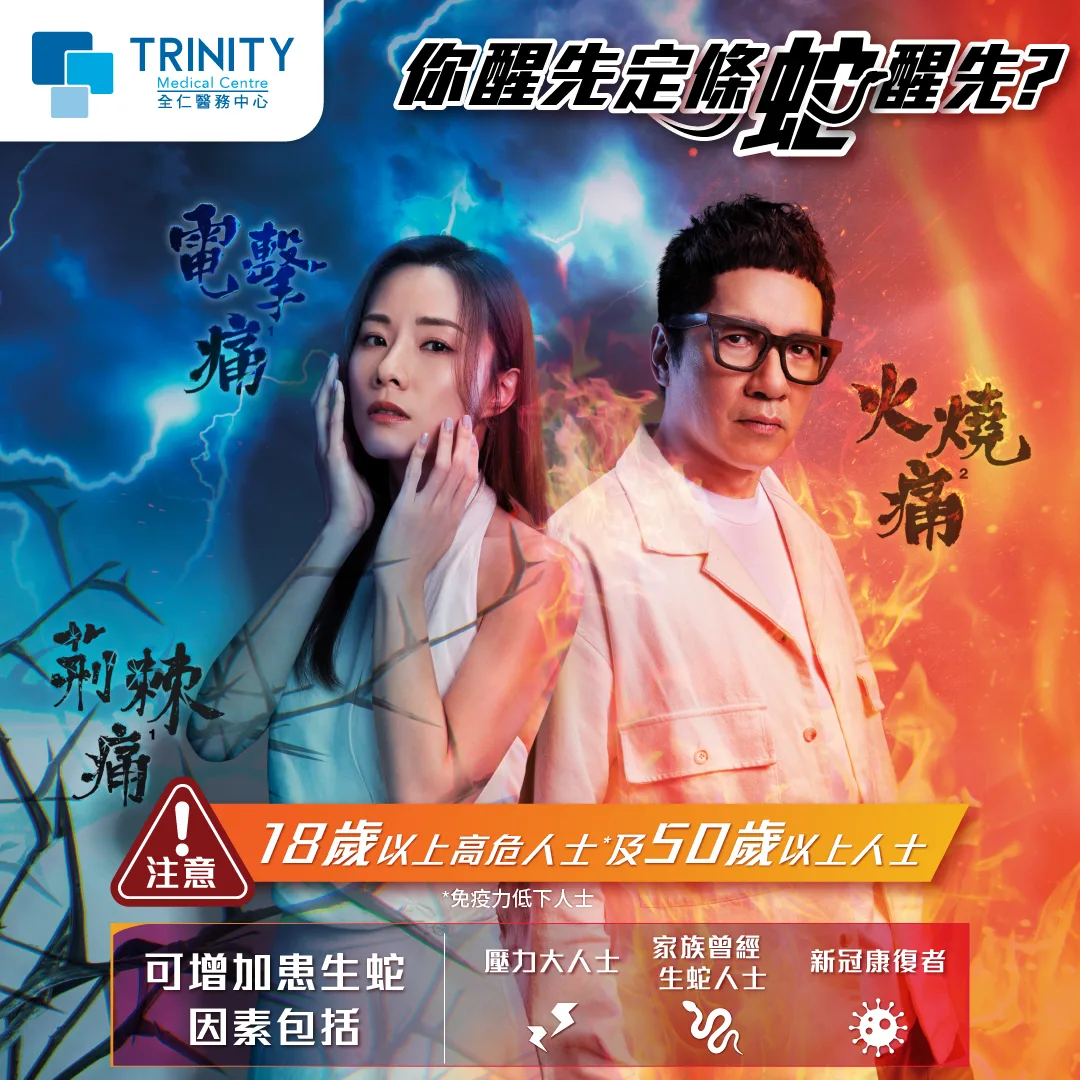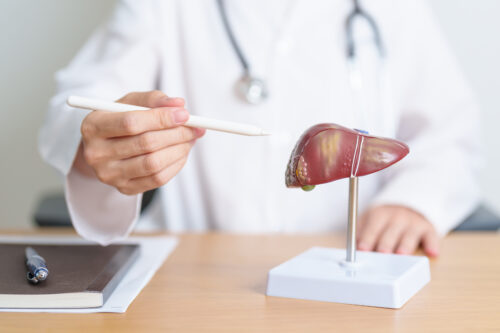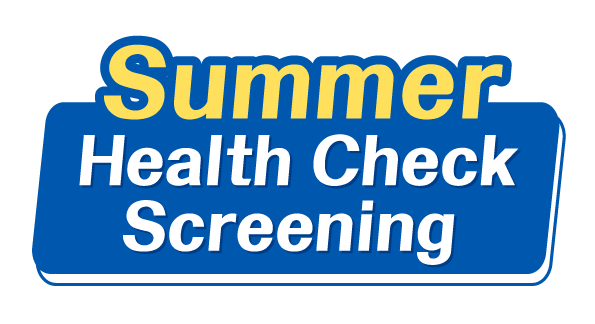Shingles can seriously affect your health and quality of life, but vaccination with the shingles vaccine provides effective prevention. You can now easily book your vaccination to protect yourself from the discomfort of shingles. Don’t wait for symptoms to appear. Schedule your shingles vaccine today and invest in your health!
What Causes Shingles?
The varicella-zoster virus causes both chickenpox and shingles. After recovering from chickenpox, the virus lies dormant in the nervous system and can reactivate years later when immunity declines.
- Over 95% of adults in Hong Kong have had chickenpox, putting them at risk of developing shingles.
- Risk increases significantly with age or in individuals with chronic health conditions such as high blood pressure, diabetes, gout, or rheumatoid arthritis.
Common Symptoms of Shingles
| Symptom | Description |
|---|---|
| Severe Pain | Burning, stabbing, or tingling pain along affected nerves, often affecting one side of the body (e.g., chest, abdomen, back, or face). Pain may begin several days before the rash appears. |
| Skin Symptoms | Red RashAppears as red patches following a nerve path. Blisters: Develop within days, may rupture and scab. Sensitivity: Skin may be extremely sensitive, with pain triggered even by light contact |
| Systemic Symptoms | Fatigue mild fever or chills occasionally headache or muscle aches. |
| Complications | Postherpetic Neuralgia (PHN): Persistent nerve pain lasting months or years after the rash clears. Ophthalmic Shingles: If the virus affects the eye area, it may cause eye pain, redness, or vision loss. Skin Infections: Secondary bacterial infections can develop if blisters are not properly cared for. |
Shingles Timeline
Latent Phase
The virus remains dormant in the nervous system after chickenpox and may reactivate decades later due to reduced immunity.
Prodromal Phase (Early Symptoms)
Pain, tingling, or discomfort appears in the affected area, often accompanied by mild flu-like symptoms.
Acute Phase
The rash and blisters develop, lasting about 7–10 days. Scabbing and healing occur over the next 2–4 weeks.
Recovery or Complication Phase
Most people recover fully within a few weeks. However, some may experience persistent nerve pain (PHN) lasting months or longer.
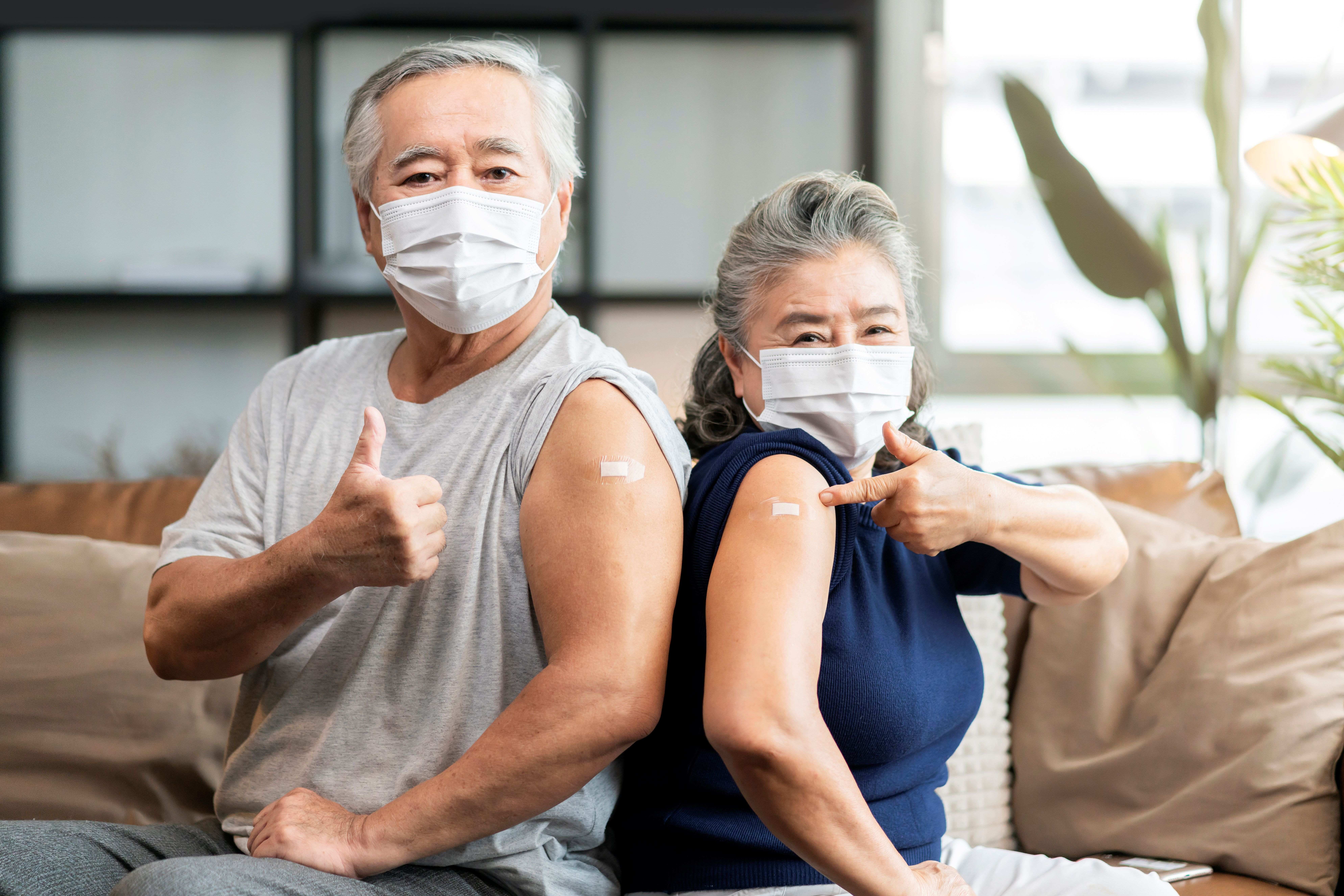
What Is the Shingles Vaccine?
The shingles vaccine is designed specifically to prevent herpes zoster (shingles). Administered via intramuscular injection (usually in the upper arm), it stimulates the immune system to recognize and suppress the varicella-zoster virus.
Modern vaccines such as Shingrix are clinically proven to be highly effective and safe, particularly for older adults.
Key Benefits of the Shingles Vaccine:
- High Efficacy: Reduces the risk of shingles by over 90%.
- Long-Lasting Protection: Offers immunity that lasts for several years.
- Proven Safety
: Widely used with minimal, short-lived side effects.
Effectiveness and Safety of the Shingles Vaccine
Clinical studies confirm that Shingrix:
- Reduces the risk of shingles and its complications by over 90%.
- Significantly lowers the chance of developing postherpetic neuralgia (PHN).
- Has minimal side effects, which may include:
- Temporary redness, swelling, or pain at the injection site.
- Mild fatigue or low-grade fever, typically resolving within a few days.
Shingles Vaccine (Shingrix) Summary Table
| Category | Details |
|---|---|
| Efficacy | >90% reduction in shingles and related complications |
| Dosage | 2 doses, administered 2–6 months apart |
| Side Effects | Mild and short-term (e.g., soreness, fatigue) |
| Recommended Age | Adults aged 50+, or individuals at high risk (as advised by a doctor) |
| Duration of Protection | Several years, depending on individual health status |
Who Should Receive the Shingles Vaccine?
According to the Hong Kong Department of Health and international health authorities, the following groups are recommended to receive the shingles vaccine:
- Adults aged 50 and above: Higher risk due to reduced immunity.
- Individuals with chronic illnesses: Such as diabetes or heart disease.
- Those with a history of shingles: To reduce the risk of recurrence.
- Adults who never received a chickenpox vaccine or had chickenpox: Still at risk and should consult a healthcare provider.
Note: Individuals with significantly weakened immune systems should consult their doctor before vaccination.
Frequently Asked Questions
1. Is the shingles vaccine safe?
Yes. The Shingrix vaccine has been widely tested and approved globally. Most people experience only mild, temporary side effects.
2. When is the best time to get vaccinated?
Adults aged 50 or older are encouraged to get vaccinated early, ideally when in stable health.
3. Are there any precautions after vaccination?
Maintain a healthy diet and exercise regularly to support immune response and enhance vaccine effectiveness.
Act Now: Protect Your Health
Shingles can have a serious impact on your quality of life. Fortunately, it is preventable. By getting vaccinated with Shingrix, you can significantly reduce your risk and enjoy peace of mind.
Book Your Shingles Vaccine Today
References
- Rare Disease Hong Kong – 盡早打蛇針預防生蛇
- Hong Kong Red Cross- 水痘與帶狀疱疹(生蛇)

